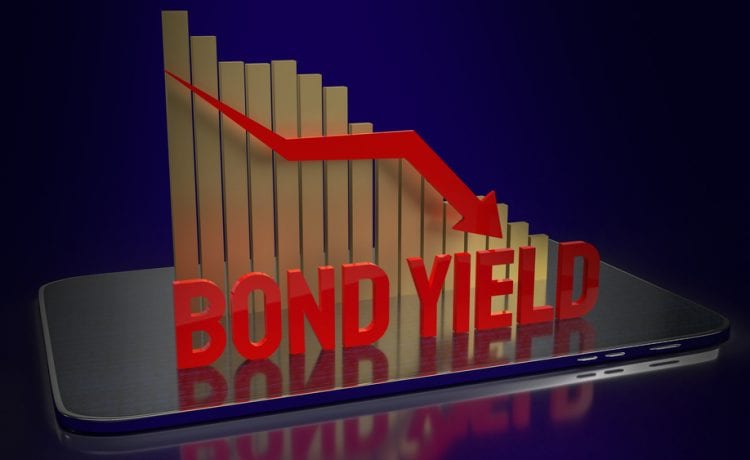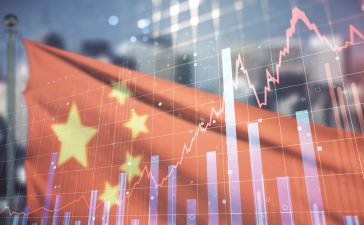Kospi rose 0.32 per cent, Australian shares gained 0.14 per cent, Hang Seng index added 0.53 per cent, Straits Times Index rose 0.1 per cent
A broad gauge of Asian shares rose and US bond yields dropped to three-month lows on Friday as investors saw enough one-off factors in US consumer price data to back the Federal Reserve’s conviction that rising inflation will be transitory.
Some economists said the rise in consumer price index (CPI) reflected short-term adjustments related to a reopening economy, and many investors appeared to be confident that the Fed is deftly handling a rebound in economic growth – even as questions remain about how it defines “transitory”.
Data overnight showed US CPI posted its biggest year-on-year (YOY) rise at 5 per cent since August 2008, after a 4.2 per cent rise in April. However, there were hefty contributions from short-term rises in airline ticket prices and used cars, raising some doubts about underlying inflationary pressures.
At the same time, US Labor Department data also showed the lowest level of new claims for unemployment benefits in nearly 15 months last week.
In morning trade in Asia, MSCI’s broadest index of Asia-Pacific shares outside Japan rose 0.18 per cent. Japan’s Nikkei gave up early gains to drop 0.11 per cent.
Last night’s print is just one in a long string of evidence that inflation is not just rising, but is more than just transitory base effects, said ING Asia-Pacific chief economist Rob Carnell. But the Fed, which meets next week, can still point to no deviation of inflation expectations to back up its continued mantra of transitory inflation. The market is buying that for now.
Seoul’s Kospi rose 0.32 per cent, Australian shares gained 0.14 per cent and Hong Kong’s Hang Seng index added 0.53 per cent. Chinese blue-chip shares dropped more than 1 per cent as consumer staples firms retreated following two days of gains.
Singapore’s benchmark Straits Times Index rose 0.1 per cent.
Broad credit growth in China continued to slow last month, as the country’s central bank seeks to contain rising debt in the world’s second-largest economy.
Because of very strong external demand the negative impact from credit deceleration should be OK in the next three to six months, mainly thanks to the strong demand from the US, said Mr Larry Hu, economist at Macquarie in Hong Kong.
He said: But once the demand from the US is back to normal then I think the Chinese economy is going to feel more pain from the credit tightening.
On Thursday, US stocks rallied to record highs, with the S&P 500 advancing 0.47 per cent to an all-time high of 4,239.18. The Dow Jones Industrial Average added 0.06 per cent and the Nasdaq Composite gained 0.78 per cent.





